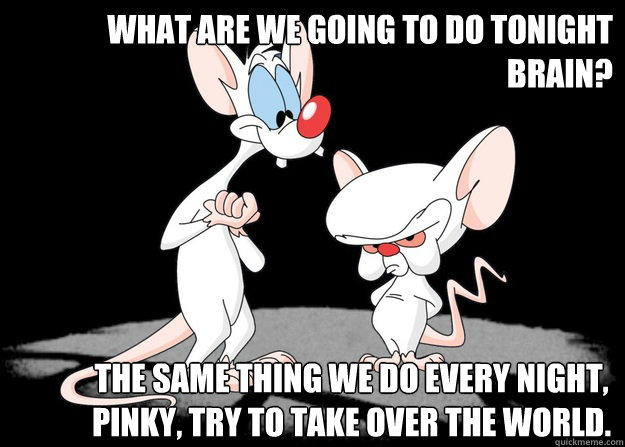From what I can tell, funding for CERN is achieved through membership almost like it is a science club. A country can sign up to be a member and membership comes with responsibility including funding. The way they describe the process of gaining funds makes the project sound like a beast. I often wonder whether something will come out of the wood work and surprise us conspiracy folk when a new world order enters the stage. CERN is like a sleeper agent waiting to be triggered.
The list of member states is really long. They only need a few more and to have more control of their hadron collider thing and they could send us to the universe right next to us where the hadron collider is God and there is peace on earth because we are so afraid of the scary, fancy sewing needle for the universe.
That thing sees the ether as a sheet with a really high thread count and the collider is the sewing needle that can poke a hole between the warp and weft. Super crazy.
Anyways, here is the list from the CERN website.
"The CERN convention was signed in 1953 by the 12 founding states Belgium, Denmark, France, the Federal Republic of Germany, Greece, Italy, the Netherlands, Norway, Sweden, Switzerland, the United Kingdom and Yugoslavia, and entered into force on 29 September 1954. The organization was subsequently joined by Austria (1959), Spain (1961-1969, re-joined 1983), Portugal (1985), Finland (1991), Poland (1991), Czechoslovak Republic (1992), Hungary (1992), Bulgaria (1999), Israel (2014) and Romania (2016). The Czech Republic and Slovak Republic re-joined CERN after their mutual independence in 1993. Yugoslavia left CERN in 1961.
Today CERN has 22 member states. Serbia, Cyprus and Slovenia are associate members in the pre-stage to membership, and Turkey, Pakistan, Ukraine and India are associate members.
Member states have special duties and privileges. They make a contribution to the capital and operating costs of CERN’s programmes, and are represented in the council, responsible for all important decisions about the organization and its activities.
Observer states and organizations currently involved in CERN programmes include the European Commission, Japan, the Russian Federation, UNESCO and the USA.
Non-member states with co-operation agreements with CERN include Albania, Algeria, Argentina, Armenia, Australia, Azerbaijan, Bangladesh, Belarus, Bolivia, Brazil, Canada, Chile, China, Colombia, Costa Rica, Croatia, Ecuador, Egypt, Estonia, Former Yugoslav Republic of Macedonia (FYROM), Georgia, Iceland, Iran, Jordan, Korea, Lithuania, Malta, Mexico, Mongolia, Montenegro, Morocco, New Zealand, Peru, Saudi Arabia, South Africa, United Arab Emirates and Vietnam.
CERN also has scientific contacts with Cuba, Ghana, Ireland, Latvia, Lebanon, Madagascar, Malaysia, Mozambique, Palestinian Authority, Philippines, Qatar, Rwanda, Singapore, Sri Lanka, Taiwan, Thailand, Tunisia, Uzbekistan."
https://home.cern/about/member-states


